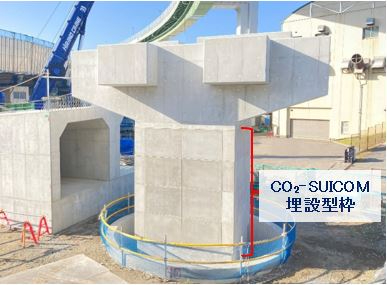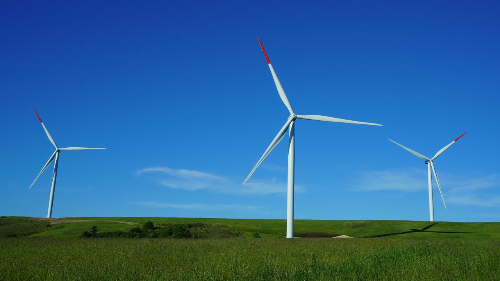J-STORIES ー タイで観光用のタクシーとして使われてきた原動機付き小型三輪車「トゥクトゥク」。このEV(電気自動車)モデルが、環境にやさしい次世代のモビリティ(移動手段)として日本各地で利用が広がっている。
トゥクトゥクは、独特のエンジン音がその名の由来。EVモデルにはそのエンジン音はないが、高齢者でも運転しやすく、小回りの良さも変わらない。家庭用電源で充電が可能で、最高速度は約50kmほど。運転には普通運転免許が必要だが、「側車付軽二輪」に分類され、車検は必要ない。
電動トゥクトゥクの普及に取り組んでいる企業のひとつ、eMoBi(東京都中央区)は2020年に設立された学生ベンチャーで、EVの販売やレンタルサービスなどを手掛ける。すでに長崎県壱岐、福岡県大名など、全国各地で主に観光目的でのレンタル事業を行っており、今後はさらに企業規模を拡大すると発表している。

電動トゥクトゥクで東京の名所を案内する観光サービスも登場した。秋葉原を起点に上野、浅草それぞれを回る2つのコースがあり、定員3名のトゥクトゥクにドライバーが1名乗車し、1時間から1時間半という短時間で様々な名所を訪れる。
ドライバーを務めるのはプロのカメラマンで、SNS映えする写真が撮れるおすすめのスポットで乗客を撮影する。写真はより鮮明になるようレタッチ(修正)するなど、プロならではの品質に仕上げ、ドライブレコーダーで撮影した車内の映像とともに、参加者に渡す。
単なる名所めぐりではなく、乗客自身が主役になって、訪れた場所の楽しさや美しさを発信してもらおうという狙いがある。
.jpg)
「自分たちが映った写真を編集して、1本のショートムービーを作るという人も多い。映像を作る過程や、SNSに上げて他人と共有するという『新しい旅の楽しみ方』ができるのが人気」と、Akiba.TV取締役CEOの吉岡有一郎さんはJ-Storiesの取材に対して話す。
日本のサブカルチャー発信地として海外から注目され、外国人観光客でも賑わってきた秋葉原。新型コロナウイルスの感染拡大で客足は落ちているが、環境にやさしいモビリティのトゥクトゥクが同地区の魅力を再びアピールする新たな手段にもなりそうだ。
「再び時期が来たら、今までにない視点でめぐる『NEO TOKYO観光ツアー』で、新しい日本らしさを体感して欲しい」と同社総務部長の杉森浩一さんは語っている。
記事:嵯峨崎文香 編集:北松克朗
トップ写真:Chalabala / Envato
この記事に関するお問い合わせは、 jstories@pacificbridge.jp にお寄せください。
***
***
本記事の英語版は、こちらからご覧になれます。











![[PODCAST] 日本新科技助攻不孕症治療(Part4)](https://storage.googleapis.com/jstories-cms.appspot.com/images/1768443226894unnamed-5_bigthumbnail.jpg)








![[PODCAST] 如何打造成功的新創企業社群(第2集)](https://storage.googleapis.com/jstories-cms.appspot.com/images/1748493203370business-man-holding-light-bulb-social-network-2024-10-31-22-37-36-utc_smallthumbnail.jpg)


